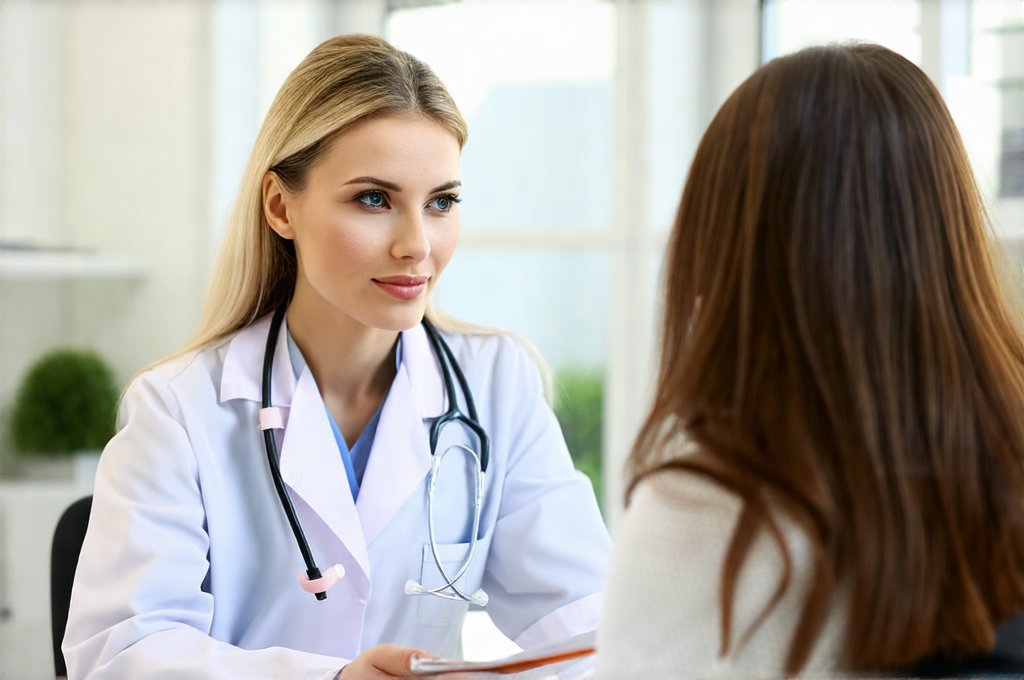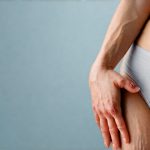Urinary tract infections (UTIs) are incredibly common, impacting millions annually. While often straightforward to treat with antibiotics prescribed by a healthcare professional, the recovery period is just as important as the treatment itself. Many people inadvertently hinder their healing process through seemingly harmless actions, prolonging discomfort and potentially leading to complications. Understanding what not to do during UTI recovery isn’t about restricting yourself unnecessarily; it’s about supporting your body’s natural healing mechanisms and ensuring the antibiotics can effectively resolve the infection. This knowledge empowers you to navigate recovery with more confidence and minimize setbacks.
A successful recovery hinges on creating an environment that supports urinary tract health and prevents further irritation. The goal isn’t just eliminating bacteria, but also restoring the delicate balance within your system. Ignoring this crucial aspect can lead to recurring infections or a prolonged feeling of discomfort even after completing antibiotic treatment. This article will delve into specific practices to avoid during UTI recovery, offering practical guidance for a smoother, more comfortable healing journey. It’s designed as a companion to your prescribed medical treatment, not a replacement for it.
Dietary Pitfalls & Hydration Missteps
Many dietary choices can either exacerbate UTI symptoms or interfere with the effectiveness of antibiotic medications. Highly acidic foods and beverages, such as citrus fruits (oranges, grapefruits, lemons), tomatoes, and vinegar-based dressings, can irritate the bladder lining, causing increased discomfort during urination. Similarly, caffeine – found in coffee, tea, and many sodas – is a diuretic, meaning it increases urine production. While staying hydrated is crucial for UTI recovery, excessive diuresis from caffeine might lead to more frequent bathroom trips without necessarily flushing out bacteria effectively; it can also irritate the bladder. Alcohol should similarly be avoided, not only for its potential irritant effects but also because it may weaken your immune system.
Beyond avoiding irritating foods, consider how certain dietary components might interact with antibiotics. For instance, dairy products can reduce the absorption of some antibiotics. While this isn’t always a significant concern, it’s best to space out dairy consumption by at least two hours before or after taking your medication. Focusing on a bland diet during initial recovery can be beneficial; foods like plain rice, bananas, applesauce, and toast (the BRAT diet) are gentle on the digestive system and minimize potential irritation. Most importantly, adequate hydration is paramount – aim for clear or pale yellow urine as an indicator of sufficient fluid intake, but avoid excessive amounts of diuretics. If you’re concerned about what to eat during recovery, explore what to eat specifically for women.
Finally, sugary drinks and processed foods should be limited. High sugar content can feed harmful bacteria, potentially hindering the healing process and even contributing to antibiotic resistance over time. A balanced diet rich in whole grains, lean proteins, and plenty of water is the cornerstone of a healthy recovery. Don’t underestimate the power of nutrition in supporting your body’s natural defenses.
Avoiding Irritants & Sensitivities
Beyond dietary considerations, several other factors can irritate the urinary tract during recovery. Strong soaps, bubble baths, feminine hygiene sprays, and douches should all be avoided. These products often contain harsh chemicals that disrupt the natural pH balance of the vaginal area (in individuals with vaginas), making it easier for bacteria to thrive and potentially causing further inflammation. Opt for gentle, fragrance-free cleansers specifically designed for sensitive skin.
Tight-fitting clothing, especially underwear made from synthetic materials like nylon or polyester, can trap moisture and create a breeding ground for bacteria. Choose breathable cotton underwear and loose-fitting clothing whenever possible. This promotes airflow and helps keep the area dry. Similarly, avoid prolonged sitting – if you have a desk job, take regular breaks to stand up and move around. Prolonged pressure on the bladder can exacerbate discomfort.
Pay attention to your body’s signals. If you notice any particular activities or products that worsen your symptoms, eliminate them immediately. It’s crucial to identify and avoid personal irritants to create an environment conducive to healing. This may involve some experimentation, but the results are well worth the effort. Knowing what women should avoid during recovery can also be helpful.
The Antibiotic & Gut Health Connection
Antibiotics, while essential for fighting UTIs, can also disrupt the natural balance of bacteria in your gut microbiome. This disruption can lead to side effects like diarrhea, nausea, and abdominal discomfort. More importantly, it can weaken your immune system, making you more susceptible to future infections. To mitigate these effects, consider incorporating probiotic-rich foods into your diet during and after antibiotic treatment. Yogurt with live active cultures, kefir, sauerkraut, and kimchi are excellent sources of probiotics.
However, timing is crucial when taking probiotics alongside antibiotics. It’s generally recommended to space them out by at least two hours – take the probiotic several hours after you’ve taken your antibiotic dose. This allows the antibiotic to do its job without being neutralized by the probiotic bacteria. If you experience severe gastrointestinal distress despite these measures, consult your healthcare provider; they may recommend a specific probiotic supplement or adjust your treatment plan. Understanding what to watch for during recovery can help manage side effects.
Completing the Full Course & Follow-Up
One of the most common mistakes during UTI recovery is stopping antibiotics prematurely, even if symptoms improve. This can lead to incomplete eradication of bacteria and the development of antibiotic resistance. Always complete the full course of antibiotics as prescribed by your doctor, even if you feel better. Stopping early may leave behind a small number of bacteria that can multiply and cause a recurring infection.
Furthermore, follow-up with your healthcare provider is essential to confirm that the infection has been completely resolved. A post-treatment urine culture may be recommended to ensure there are no remaining bacteria. Discuss any lingering symptoms or concerns you have with your doctor. They can provide guidance on preventative measures and address any underlying issues that might contribute to recurrent UTIs. If a UTI keeps coming back, it’s vital to seek professional advice. Ignoring these steps could mean a cycle of repeated infections, leading to more serious complications in the long run.
It’s important to remember this information is for general knowledge and informational purposes only, and does not constitute medical advice. Always consult with a qualified healthcare professional for any health concerns or before making any decisions related to your health or treatment.





















